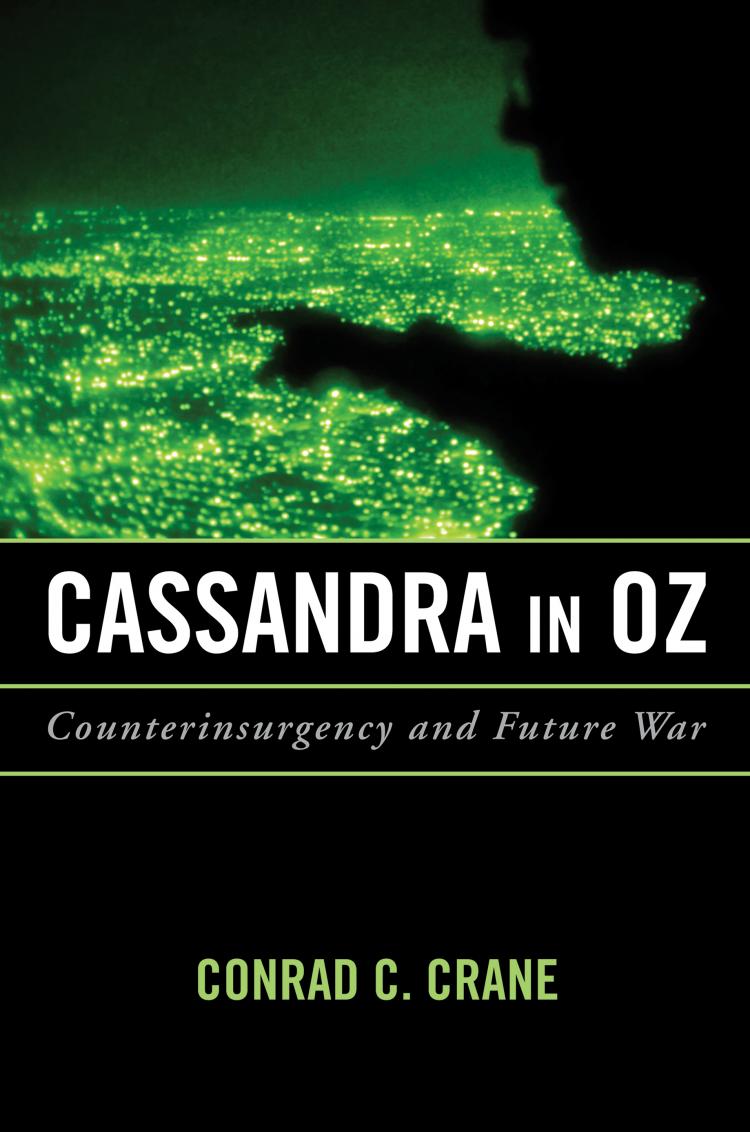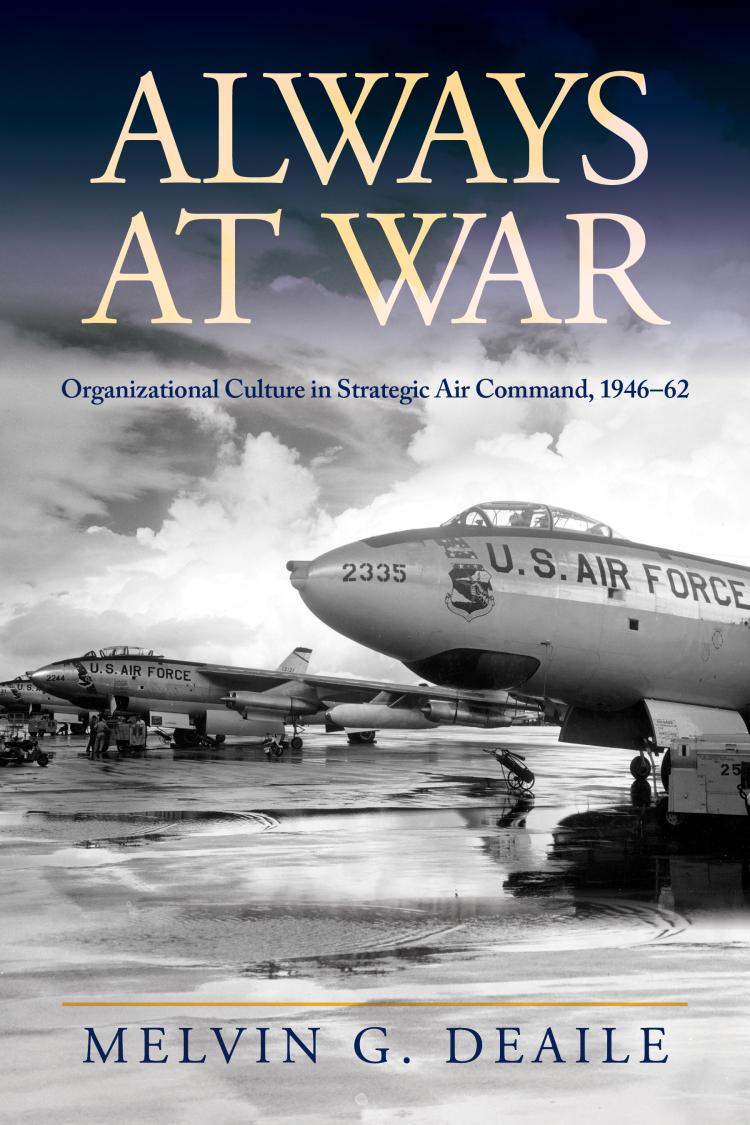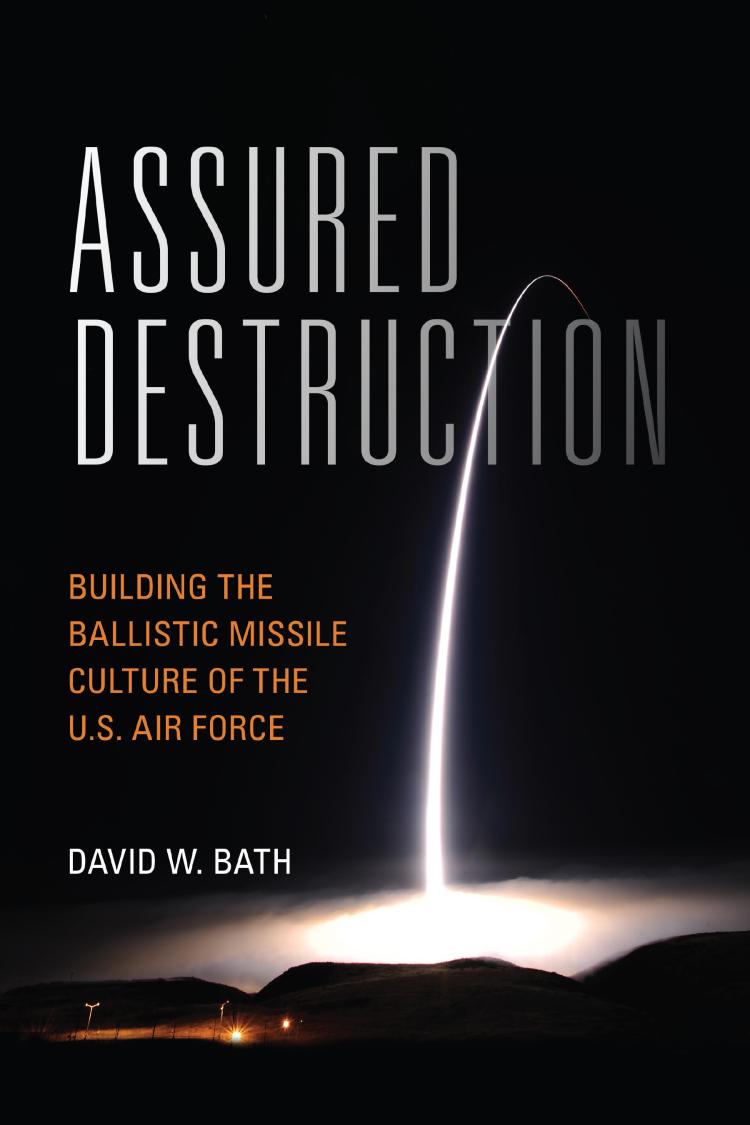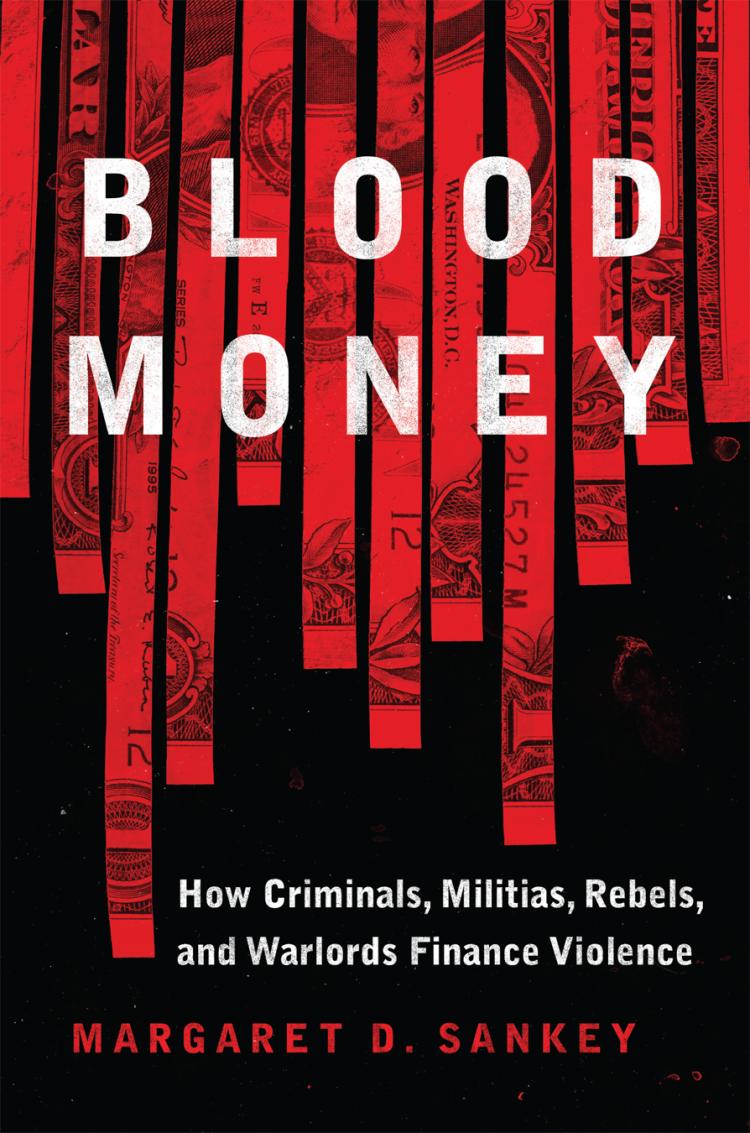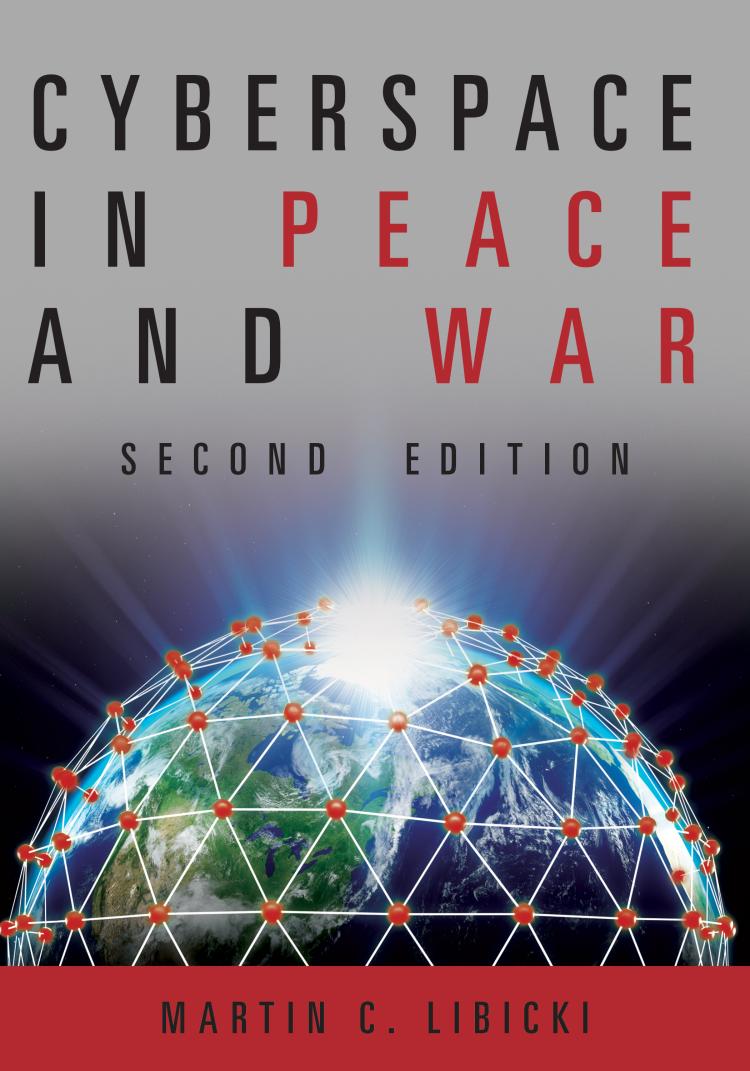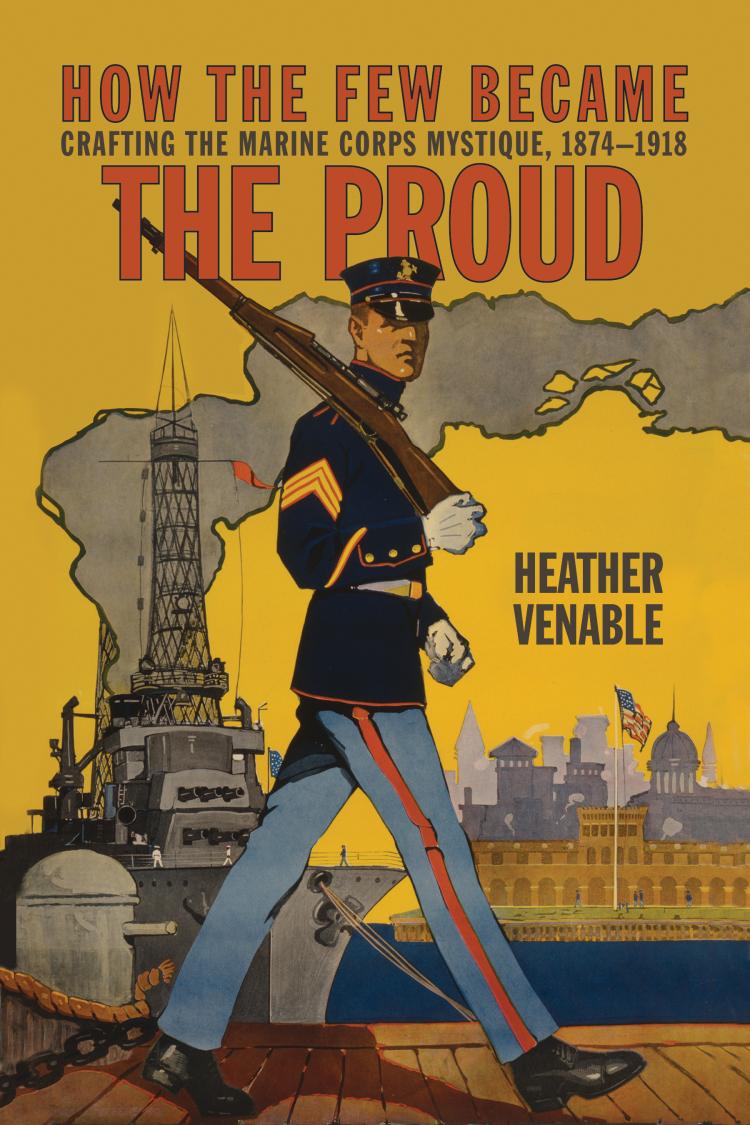Cassandra in Oz
Counterinsurgency and Future War
- Subject: Iraq & Afghanistan | Strategy
- Format:
Hardcover
- Pages:
320pages
- Published:
September 15, 2016
- ISBN-10:
1682470075
- ISBN-13:
9781682470077
- Product Dimensions:
9.25 × 6.125 × 1 in
- Product Weight:
26 oz
Overview
When Conrad Crane retired from active duty to become a research professor, he never expected to become a modern Cassandra, fated to tell truth to power without being heeded. After the world transformed on 9/11, he warned the Army that it was not prepared to execute stability operations, counterinsurgency, and the eventual reconstruction of Iraq.
Crane’s work attracted the attention of Generals David Petraeus and James Mattis, and he soon found himself in charge of a team tasked with creating the groundbreaking Field Manual 3-24/Marine Corps Warfighting Publication 3-33.5 Counterinsurgency, the very counterinsurgency doctrine he had pleaded for. A unique blend of traditional and modern theory, this manual would prove to be essential to the success of the Surge in Iraq that changed the course of the war.
Crane’s account of the creation and implementation of the manual addresses its many criticisms, details what went wrong in Iraq, and explains how the new doctrine was never properly applied in Afghanistan. From the debates over the content to the ways it was used in the field, Cassandra in Oz covers lessons that should be gleaned from years of global war and displays the American military as a learning organization at its best.About the Author
Editorial Reviews
"If you are interested in the topic of peace keeping/nation building, you should read this book." —The Journal of America's Military Past
"Conrad Crane's memoir offers its readers a glimpse into the various fluctuations of U.S. Army warfighting doctrine as well as Crane's experiences participating in them since 9/11." —On Point: The Journal of Army History
"Crane's investment in his subject is personal because he taught many who fought in these wars, some of whom never made it home. It is worth reading, and reading over again, because those who served in these conflicts will understand better the doctrinal debates through which the Army sought to define missions and shape outcomes in Iraq and Afghanistan." —Army History
"Crane has written a very scholarly and provocative book on modern war in the light of his experience in the post-9/11 period. He very intelligently shows that the meaning of war and the way it is fought have tremendously changed since 9/11 terrorist attacks. Cassandra in Oz is the result of his hands-on experience what have come to be known as asymmetric war. He sheds light on those dimensions of the asymmetric war which have remained hidden from other war historians. It should be a required reading for students and experts of modern asymmetric war." —The Washington Bookreview
"This stunning personal account by one of this country's most distinguished military historians offers an inside look at how the American military tried to apply historical experience to the recent conflicts in Iraq and Afghanistan. Engagingly written, leavened with wry wit, and filled with revealing insights and wise judgments, Crane's unflinchingly honest memoir is authoritative-and indispensable to understanding the obstacles the United States faces in waging counterinsurgency wars. Required reading not only for scholars who want to contribute to public policy, but for military and political leaders who want to succeed in the contemporary world." —Richard H. Kohn, Professor Emeritus of History and Peace, War, and Defense, University of North Carolina at Chapel Hill
"This is a fascinating story about the author's personal journey in adapting U.S. military thinking about counterinsurgency. If you want to understand how a diversified group came together to adapt the American Way of War and improve our chances of gaining some measure of success in Iraq, you will want to closely read this balanced, candid, and frequently amusing book." —Frank Hoffman, PhD, National Defense University
"Conrad Crane recounts the making of post-9/11 COIN doctrine in page-turning prose. A finer book won't be written about how doctrine works, first in theory and then (maybe) in practice. Given Crane's position as both a historian and the principal architect of FM 3-24, Cassandra in Oz deserves to be considered essential/required reading for everyone interested in COIN-before, during, and after the Petraeus era." —Anna Simons, professor of defense analysis, Naval Postgraduate School
"Crane's account of the creation and implementation of the manual addresses its many criticisms, details what went wrong in Iraq, and explains how the new doctrine was never properly applied in Afghanistan. From the debates over the content to the ways it was used in the field, Cassandra in Oz covers lessons that should be gleaned from years of global war and displays the American military as a learning organization." —Military Technology Magazine
"FM 3-24 is the most important doctrinal manual of the past forty years. It was written in a highly unusual process that paired the Army and Marine Corps, human rights experts, and academics, under the pressures of two ongoing wars that were failing. The author's theme is that a historical understanding of war can improve policy outcomes in the field, and the book offers important support for that thesis. Cassandra in Oz is a first-person narrative about the author's role in a history-making endeavor. Crane captures for the historical record what happened when, and why." —Lieut. Col. John Nagl,USA (Ret.), author of Learning to Eat Soup with a Knife: Counterinsurgency Lessons from Malaya and Vietnam and Knife Fights: A Memoir of Modern War in Theory and Practice
"An amazing story of redemption from a brilliant soldier-scholar who foresaw America's lack of readiness to deal with the aftermath of regime change in Iraq. Those who served in the wars in Iraq and Afghanistan should read this book to understand what happened and why; those who are in charge of military policy today should read this book as a cautionary tale for what might, and arguably will, once again transpire in the future. Highly recommended for all serving military leaders, policy makers, and citizens concerned with winning the messy wars of the early 21st century." —Col. Peter R. Mansoor, USA (Ret.), PhD, author of Surge: My Journey with General David Petraeus and the Remaking of the Iraq War
"A brilliant, engaging, and historically significant account of critical undertakings in which Con Crane played important roles-the drafting of the Army/Marine Corps counterinsurgency manual (for which he was editor and lead author) and then the implementation of the manual's concepts during the Surge in Iraq and the subsequent buildup in Afghanistan (both of which he observed closely). A riveting recollection of consequential endeavors by a central figure in them." —Gen. David H. Petraeus, USA, (Ret.), Commander of the Multinational Force-Iraq (2007-2008); and International Security Assistance Force in Afghanistan (2010-2011)
"I hope this fine memoir gets the serious attention it deserves. Crane takes us on an insider's journey through the thinking of the U.S. military over the last fifteen years. All of us can learn from it. I just hope we will. This is a book that will be read as long as people study the American war in Iraq." —Thomas E. Ricks, author The Generals and Fiasco
“The book is a special source of knowledge for all those who deal with the Counter-Insurgency Doctrine of the US armed forces or deal with the conflicts in Iraq and Afghanistan, which also helps to better understand the American military system.” —Truppendienst




